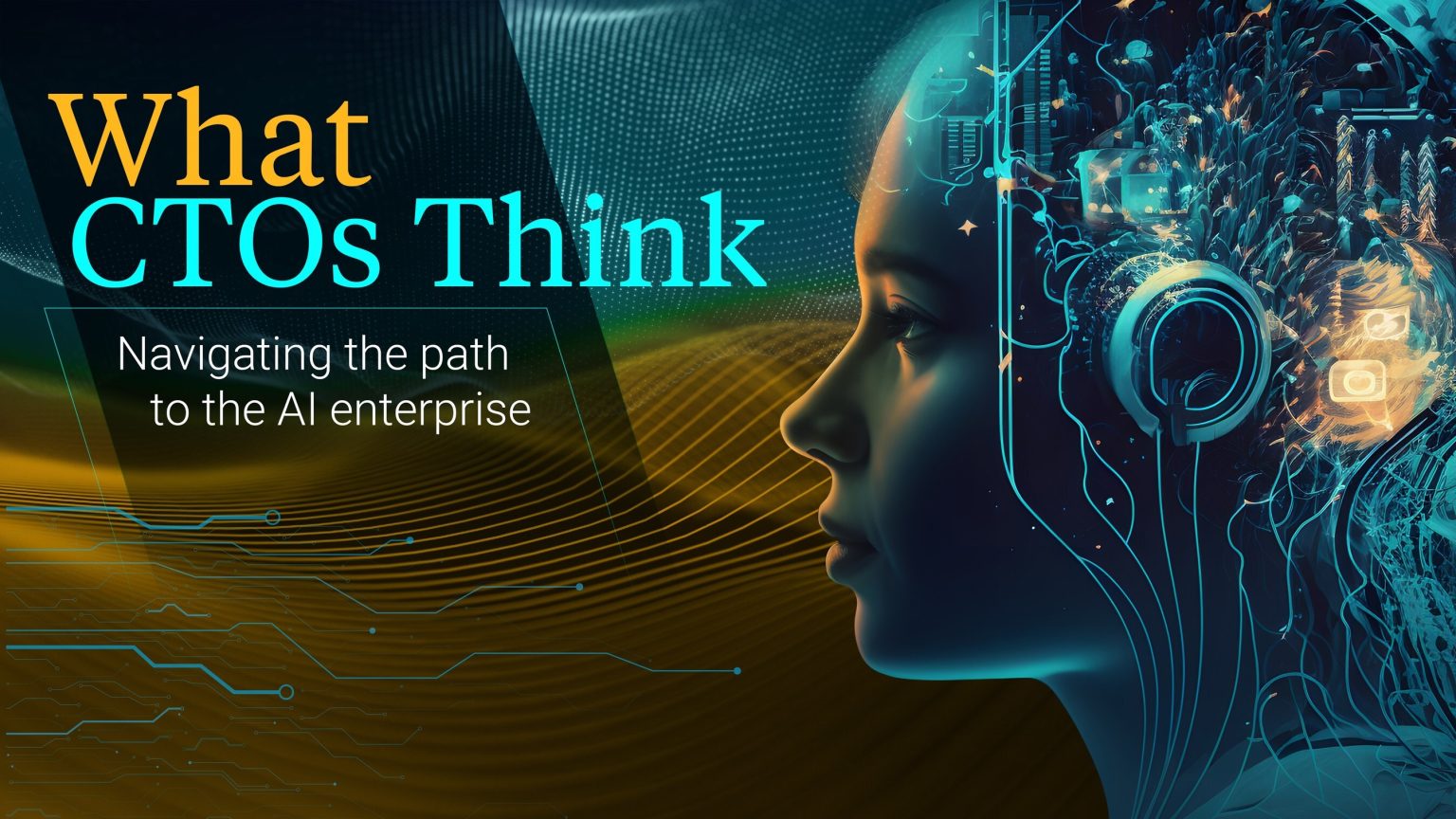In recent years, digital transformation has emerged as a critical priority for C-suite executives. Many Chief Technology Officers (CTOs) now view digitalisation not just as a matter of process automation but as a strategic driver of business growth. Despite this evolving perspective, a new study by Akkodis, a global leader in digital engineering and Smart Industry, reveals that CTOs face significant challenges in realising this vision. The study highlights ongoing uncertainties, particularly around AI technologies, and reveals a gap between CTOs’ aspirations and corporate realities.
Key Findings from the Study
The report, titled “What CTOs Think: Navigating the Path to the AI Enterprise,” provides a comprehensive look at how CTOs are managing the current wave of digitalisation and offers strategies for successfully transitioning to an AI-powered enterprise. The survey, carried out in partnership with Oxford Economics, gathered insights from 2,000 C-suite executives, including 509 CTOs, across nine countries and 18 industries, including Aerospace, Automotive, Energy, Life Sciences, and Technology.
Barriers to Digital Transformation
Despite the clear need for digital transformation, many CTOs are hindered by what the study terms “uncertainty paralysis.” Significant external challenges, including regulatory and compliance issues and security risks, contribute to this inaction. One of the main obstacles identified is the selection of the right technology. While AI is recognised as a transformative force, 60% of CTOs believe their organisations’ leadership lacks the necessary AI expertise. This skills gap within the C-suite can adversely affect the wider workforce’s readiness for digital transformation.
The Role of Collaboration
The study highlights a notable disparity between CTOs’ ambitions and their ability to implement AI strategies effectively. Although 80% of CTOs express strong confidence in their AI initiatives, compared to 67% of other C-suite members, there are still significant gaps. Approximately half of CTOs report that their organisations provide AI usage guidance, ethical data use frameworks, and AI training (56%, 51%, and 46%, respectively). To mitigate the disruptions caused by new technologies, it is crucial for CTOs to promote cross-departmental collaboration and secure enterprise-wide support.
The Urgent Need for Digital Workforce Strategies
CTOs highlight significant digital skill shortages, which are predicted to expand as the pace of digital transformation intensifies. This gap is likely to drive up wages for technical staff, with high demand for digital skills anticipated in the next five years. CTOs advocate for aggressive upskilling and reskilling of existing employees and foresee generative AI as a positive influence on workforce strategies. Addressing these skill gaps requires a balanced approach that includes building, buying, and renting talent while focusing on enhancing the skills of current employees.
Expert Insights
This research underscores both the challenges and opportunities business leaders encounter in the face of digitalisation and emerging technologies, said Jan Gupta, President of Akkodis. The Smart Industry focuses on utilising digitalisation to integrate systems, enhance decision-making through data, and create cutting-edge business models. CTOs are pivotal in achieving these goals. Their role in fostering collaboration across the C-suite is essential for bridging talent gaps, laying AI-ready foundations, and ultimately driving enterprise transformation.
